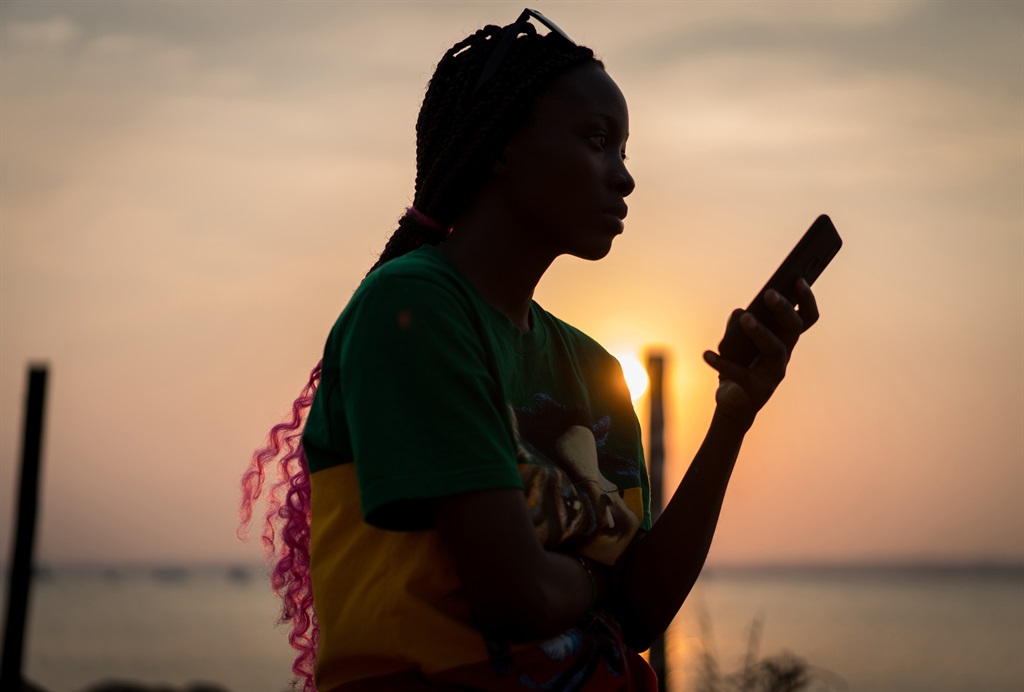
As Covid-19 spread rapidly through the country, the first port of call was to stay at home, quarantine if necessary or go into social isolation to prevent the spread of the Coronavirus disease.
After a 14-day isolation period, anyone who had previously been considered to be infectious was no longer considered to be infectious.
However, after weeks of not socialising with the outside world, the psychological impact of social isolation became clear.
This is one article in a series on the impact the Covid-19 pandemic has had on ordinary South African families. Find the full series here: Behind the Mask
According to a journal article by Humanities and Social Sciences Communications, even the perceived social isolation brought on by the hard lockdown in 2020 had significantly affected adults and children.
But is there an age group that was more vulnerable to the effects of continued Covid-19 isolation?
News24 spoke to a variety of experts - from educational psychologists to a child rights activist - to better understand the mental impact of continued isolation.
'Teens are social animals'
Dayne Williams, who is an educational psychologist says, "each age group brings with it unique social concerns that are impacted by Covid-19 and the resulting isolation".
"It is difficult to quantify the impact based on age group, however, I have been privier to the impact Covid-19 has had on older adolescents," says Williams.
Dr Shaheda Omar, who is the Director of The Teddy Bear Clinic for Abused Children says that teens suffered an "involuntary, rude interruption to their lives".
"The more isolated they are, the more their well-being and health (mental and physical) is affected," says Omar.
"Teens are social animals that need engagement and this affects their whole sense of being," explains Omar. "Teens need peers for approval and affection."
"For teenagers, the peer group takes on an increasingly important role as they begin to exercise autonomy on their journey to adulthood. Part of this process is what we call identity formation which is heavily influenced by social groups," says Williams. "Bearing in mind the Covid-19 safety protocols, it is important to encourage safe and responsible opportunities for socializing."
An important developmental stage
Echoing these sentiments is Jamie Brassell, who is also an educational psychologist.
Brassel says that children of all ages have been vulnerable to the effects of continued social isolation, but that younger children have been particularly vulnerable due to their "limited understanding of what the virus actually is".
"Adolescents and pre-teens have also been particularly vulnerable to isolation. In this stage of development, friends and social connections become increasingly important," explains Brassell.
"This is also an important developmental stage in which adolescents explore different aspects of their identities. Being isolated at home away from peers and social experiences has made it difficult for teens and pre-teens to practice this new sense of independence effectively," says Brassell.
Demotivated, detached and disconnected
With the additional stress of moving to online schooling, many young adults struggled to cope with either the vast changes in familiar routine or the lack of access to learning resources. This not only became a source of uncertainty about the future, but also a great cause for anxiety.
As a more sociable group, teens became detached and disconnected throughout the lockdown, according to Dr Omar.
Brassell explains that parents may have noticed that their usually extroverted children with high energy levels became increasingly demotivated to do school work and spent more time on social platforms to maintain their social connections.
However, 14-year-old child rights activist, Stacey Fru, says that class and race are also important factors that affected the impact of continued isolation, given the great inequality gap in South Africa.
"By nature, teenagers with special education needs suffer by lacking physical learning opportunities. Also, by lacking the social and emotional support available in schools," says Fru.
"It is important for parents and teachers to check in with younger children and determine how they may be perceiving the virus and the effects of the pandemic. Having an understanding of what something is can give us a better sense of control and reduce anxiety," says Brassell.
Read the full series here: Behind the Mask
Chatback:
Share your stories and questions with us via email at chatback@parent24.com. Anonymous contributions are welcome.
Don't miss a story!
For a weekly wrap of our latest parenting news and advice sign up to our free Friday Parent24 newsletter.




 Publications
Publications
 Partners
Partners











